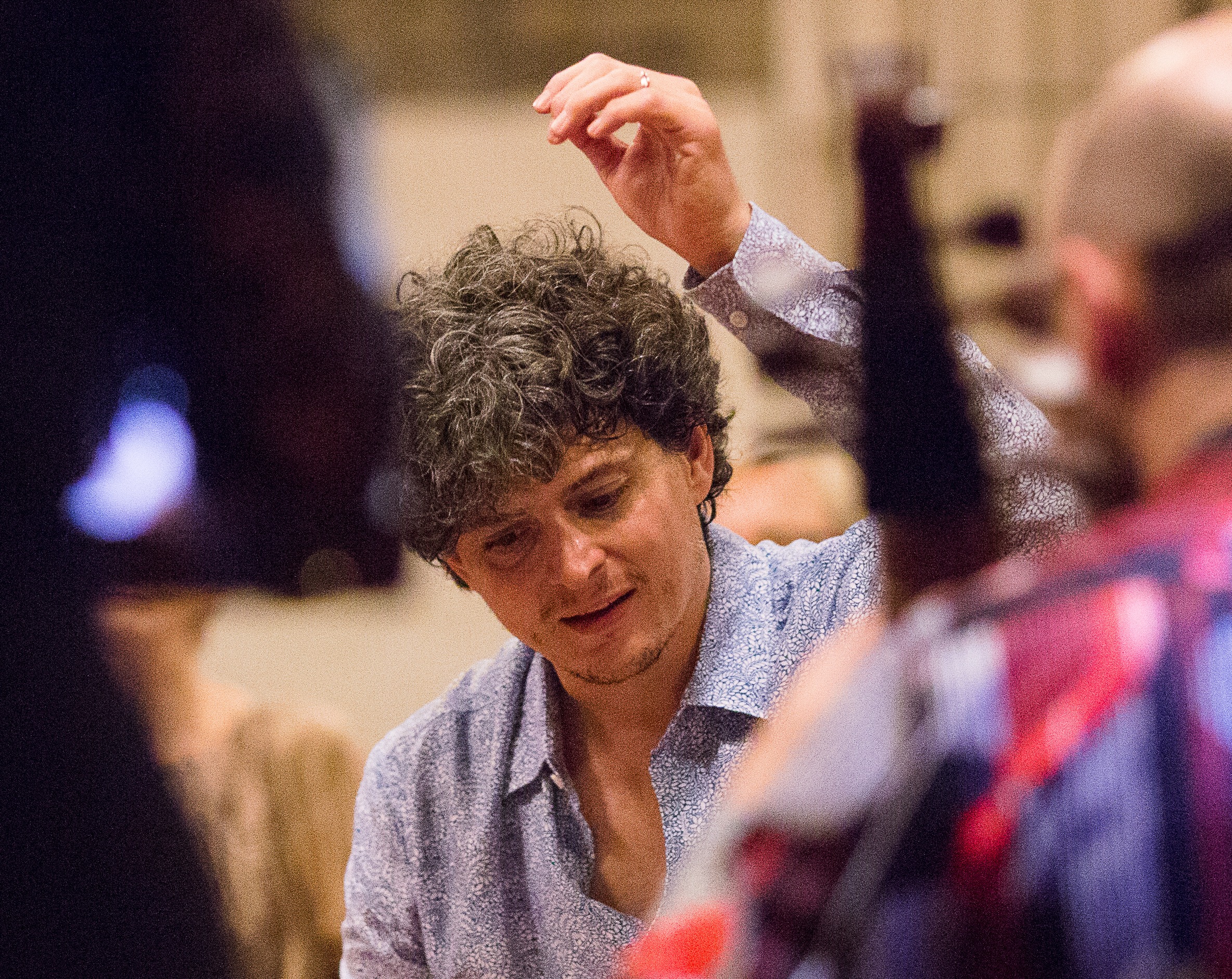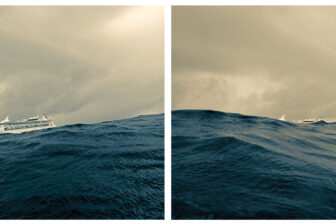This article is adapted from AQ’s special report on transnational organized crime.
“Why make an album?” is a question that countless musicians face, especially at a time when the trend is to drop singles from time to time and avoid the investment of creating a larger product. This Sisyphean task of producing an album can feel like throwing time, money and talent into the wind, given the long odds of recovering anything. That is exactly why Ecuadorian singer Mariela Condo called her latest release Al viento, vol. 1 (Into the Wind), her first album in five years and the first in collaboration with guitarist and arranger Willan Farinango.
As she put it in a recent interview for the radio station Ecuasónika, “You keep doing things, and they end up being carried away by the wind, but you still need to do them, like plowing the ocean because, as useless as they are in material terms, they pay off spiritually, something that sometimes you realize later.”
With Farinango, Rodrigo Becerra on bass, and Antonio Cilio on percussion in one track, Al viento starts with a pair of similarly mysterious wordless pieces, one traditional from the Esmeralda region, and one original composition by Farinango. This juxtaposition highlights the constant dialogue between tradition and personal expression that weaves throughout the album. Farinango explains that they are both indigenous people living within Western civilization (Farinango is from Imbabura in the north, Condo hails from the central Chimborazo province), and navigate the ever-shifting, in-between life that is a hallmark of Latin American art.
The repertoire selection for Al viento includes songs in Kichwa and Spanish, some traditional and some by illustrious 20th century composers, alongside newer compositions. Condo didn’t intend to record traditional criollo hits such as Rubén Uquilla’s “Bonita guambrita” (Beautiful Girl) or the equally famous yaravi “Nunca me olvido” (I Never Forget) by Ulpiano Benítez. Rather, she told AQ that the songs found her as she relearned to listen to the music of her country during a nearly two-year international tour.
Farinango’s arrangements are always subtle and rely on his creative guitar playing and on a self-possessed but unorthodox harmonic approach. The use of the bow throughout the album, as in the beautiful duets with the voice in Farinango’s “Quiquimba” and in “Bonita guambrita,” or in the fast “Coplas al carnaval de Licto” (Verses for the Carnival in Licto), which closes the album, show a creative exploration of the melodic capabilities of Becerra’s bass. Cilio contributes a delicate shaker and a bombo in “Curiquinki,” adding an understated touch to a palette that is remarkably colorful with very few elements. Soaring over this fine instrumental tapestry, Condo’s voice travels through a variety of characters, from the hymn-like serenity of the opening tracks to the traditionally romantic delivery on the melancholy “Solo” (Alone) and “Nunca me olvido,” to the rhythmic “Beta Huagra” or the vertiginous flexibility of “Bonita guambrita.” Her voice occupies the center without overpowering the precise balance of the ensemble, creating a work that any wind would be lucky to carry away.
Several of Condo’s productions can be enjoyed online: Al viento is on Spotify and other streaming platforms (you can even buy a vinyl!), along with her previous releases. Also, a five-song concert they recorded for Americas Society in Quito with Cilio and bassist Matías Alvear is available on our website, at as-coa.org.
__
Zubieta is director of the music program at Americas Society








